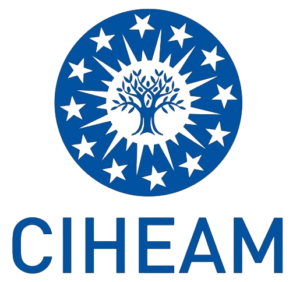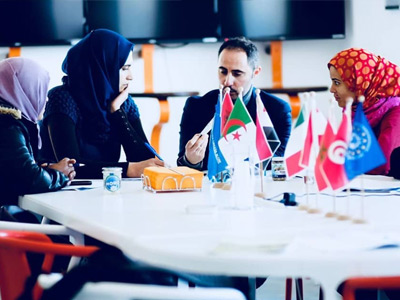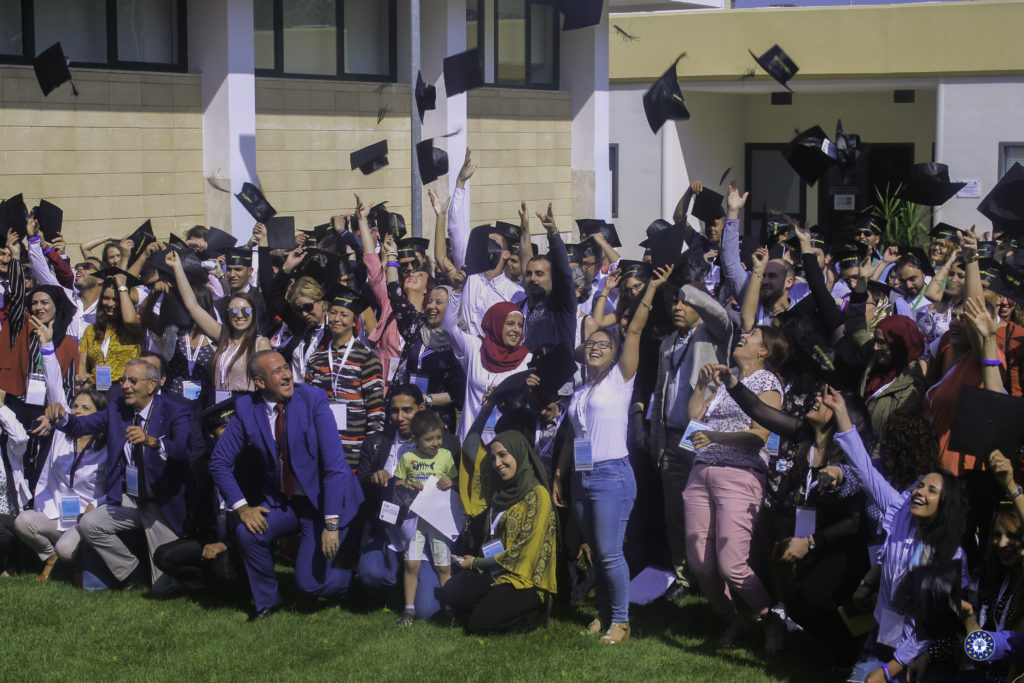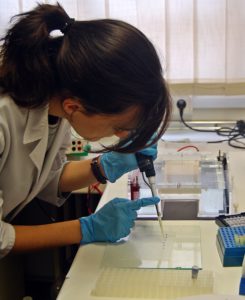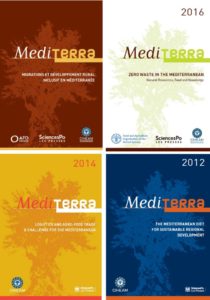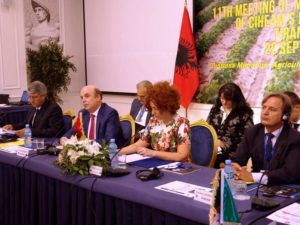On the occasion of the 2021 RIODD Congress which this year focused on «Entrepreneurship and sustainable development: The «entrepreneurial society» in the test of the health crisis», the CIHEAM and the CIHEAM Montpellier recalled the importance of dynamic companies-community-states in the Mediterranean to strengthen the sustainability and inclusiveness of food systems in a post-pandemic context.
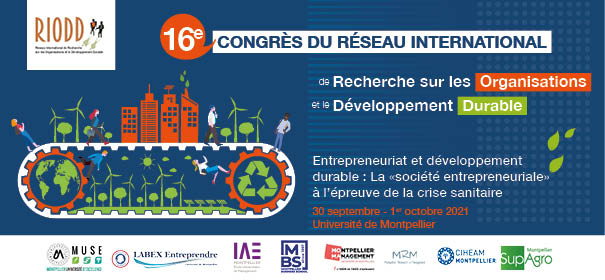
Food systems questioned by the COVID19 crisis: an opportunity for consultation and collaboration?
The CIHEAM and the CIHEAM Montpellier took part in the 16th Congress of RIODD to address Enterprise-Community-States dynamics and the Sustainable Development Goals (SDGs) in a post-pandemic context in the Mediterranean.
During the session which included speakers from the Universities of Montpellier, Grenoble, Indiana, Laval and several members of the Academy of Agriculture, the General Secretariat of CIHEAM highlighted in particular that the enthusiasm for short circuits during COVID19, Awareness of the fragility of food systems in the face of crises or questions about food sovereignty could sustainably shape the new dynamics of multi-stakeholder dialogue and multi-stakeholder partnerships.
As new links are built between cities and the countryside; that consumers need to be reinsured through quality products that are not only good for their health but also for the territories, and that digital technology is essential for all agri-food value chains, It has been suggested that public policies for post-covidary relaunchd19, to meet the challenges, rely more on multi-stakeholder networks involving companies, research and innovation actors, social partners and civil society actors
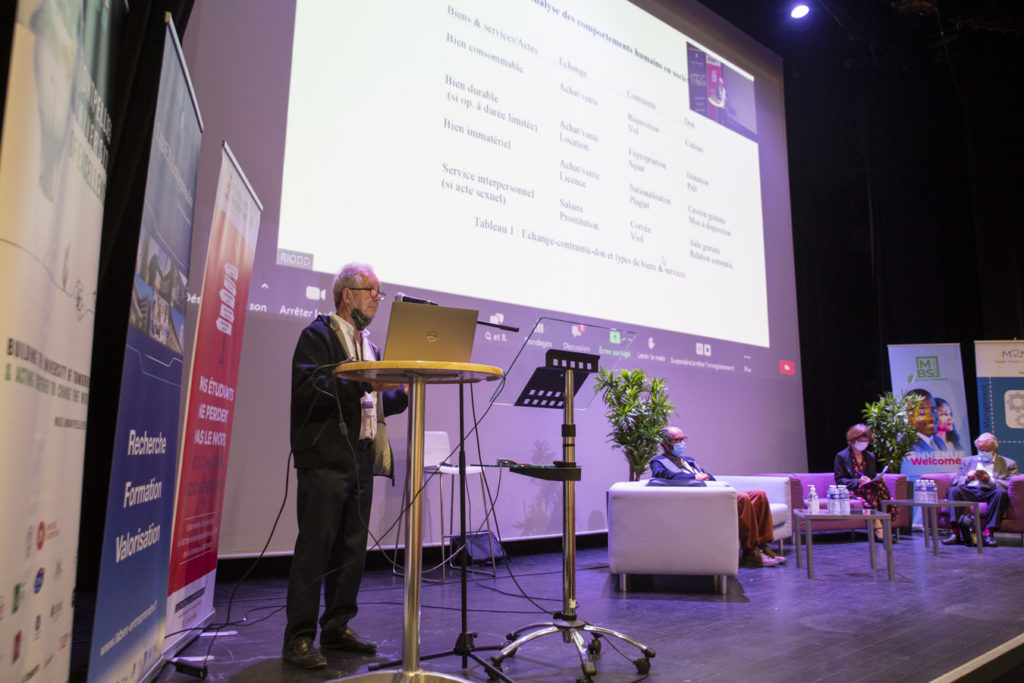
SDGs far from being achieved in the Mediterranean
The round table also highlighted considerations related to the achievement of the SDGs in Euro-Med countries. Omar Bessaoud of CIHEAM Montpellier recalled that, for the most part, they will not be reached by 2030 and that this was mainly due to the unequal distribution of wealth that continues to sustain poverty, malnutrition, food insecurity, the lack of health and education infrastructure, particularly in rural areas.
He also pointed out that companies and civil society organisations have a real deficit in translating climate change mitigation and adaptation plans into reality and that they remain insufficiently mobilized around social measures, energy and ecological transition.
However, he also mentioned that during crises (fires, covid19, etc.) a strong emergence of village communities, customary or religious institutions, civil society organizations (associations, unions, producer or consumer groups, etc.) was observed and should be capitalized on, better supported and structured.


